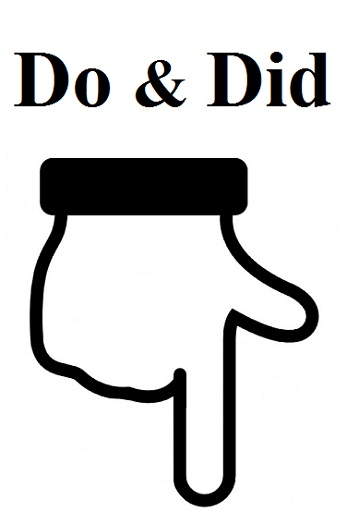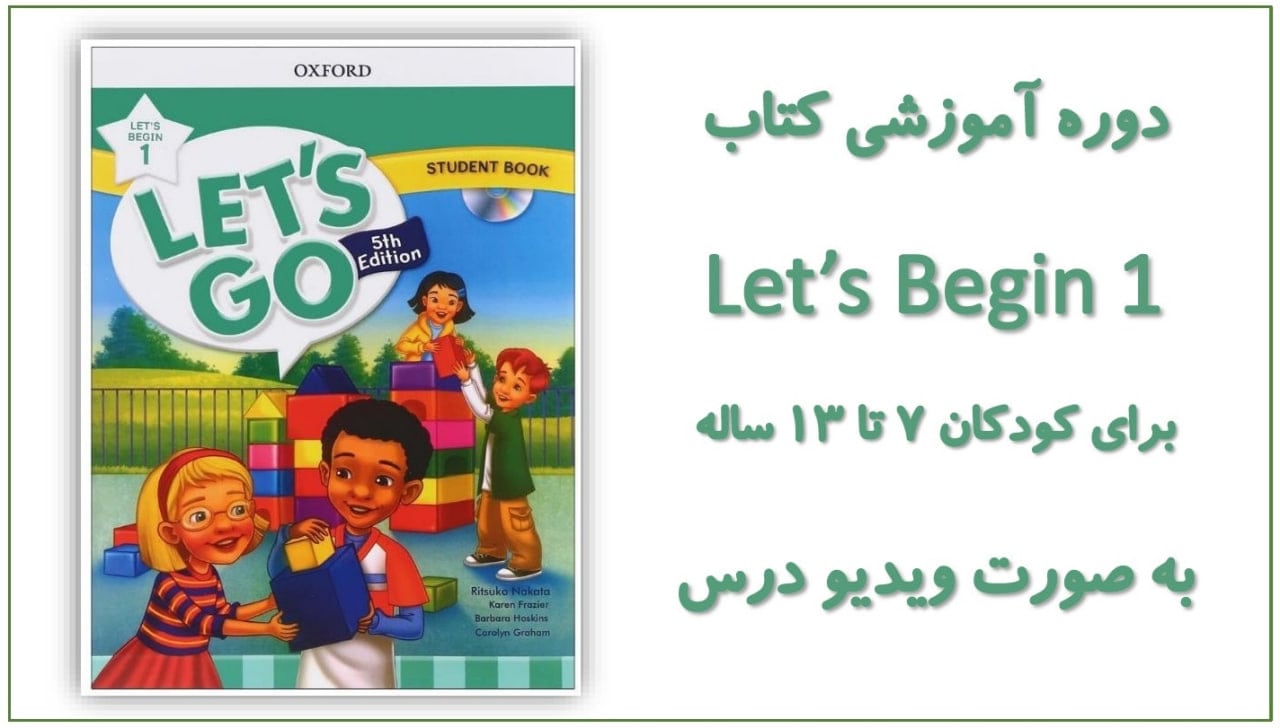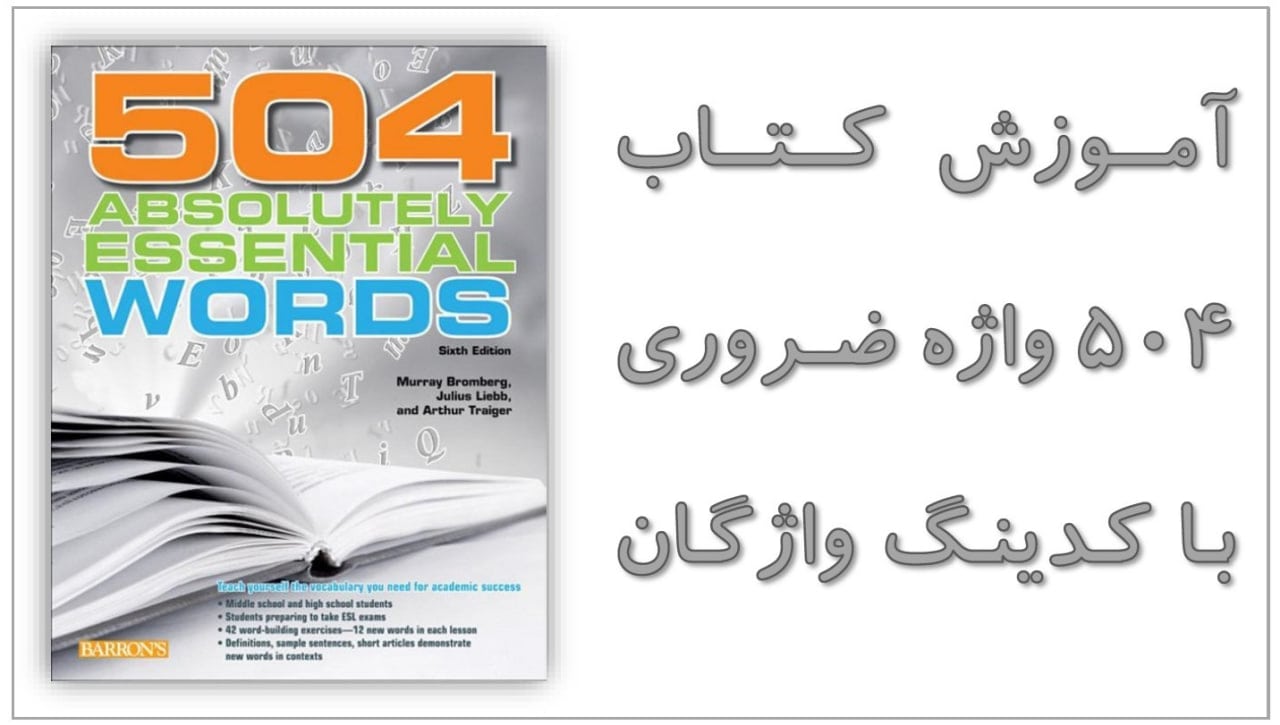
موارد استفاده از فعل کمکی Do و Did
……………………………………………….
فعل کمکی do با زمان حال ساده و حالت گذشته آن did با زمان گذشته ساده در ارتباط است. این دو فعل با افعالی که در ساختار اصلی آنها فعل کمکی وجود ندارد (حال ساده و گذشته ساده) و برای منفی و سؤالی کردن آنها کاربرد دارد.
- حالت های پرسشی
Do you like my new hat?
۲٫ جمله های خبری منفی
I don’t like your new hat.
۳٫ حالت های کوتاه – حذف یا جایگزینی
Do you like my new hat? Yes, I do.
I don’t like coffee and neither does my wife. (یا my wife doesn’t)
Mary works harder than her sister does.
He should study hard. Whenever he does, he gets good grades.
۴٫ تأکید:
گزاره ای مثبت که در تضاد با یک گزاره منفی قرار دارد (اغلب با but همراه است)
My teacher thinks I didn’t study for my test, but I did study.
به همراه یک عبارت منفی
The letter we were expecting never did arrive.
تضاد غیر مترقبه
Although I have little time for entertainment, I do go to the theater once in a while.
He does have money, but it’s all tied up in property.
به عنوان یک تصمیم قاطع پس از تردید
We’re very pleased that she does intend to come.
به همراه قیدهای تأکیدی:
definitely, positively, certainly
Do you remember how beautiful she was? I certainly do remember.
۵٫ تمنا و خواهش (مخصوصاً در کاربرد بریتانیایی)
Do come to the party tonight.
در متن های قدیمی اغلب do در جمله های مثبت و به همراه زمان حال ساده دیده می شد.
Thus conscience does make cowards of us all. (Shakespeare)
 UCLnet.com Teaching English; Idioms, Proverbs, Vocabulary, Grammar, Speaking , Reading, Listening, Writing
UCLnet.com Teaching English; Idioms, Proverbs, Vocabulary, Grammar, Speaking , Reading, Listening, Writing






